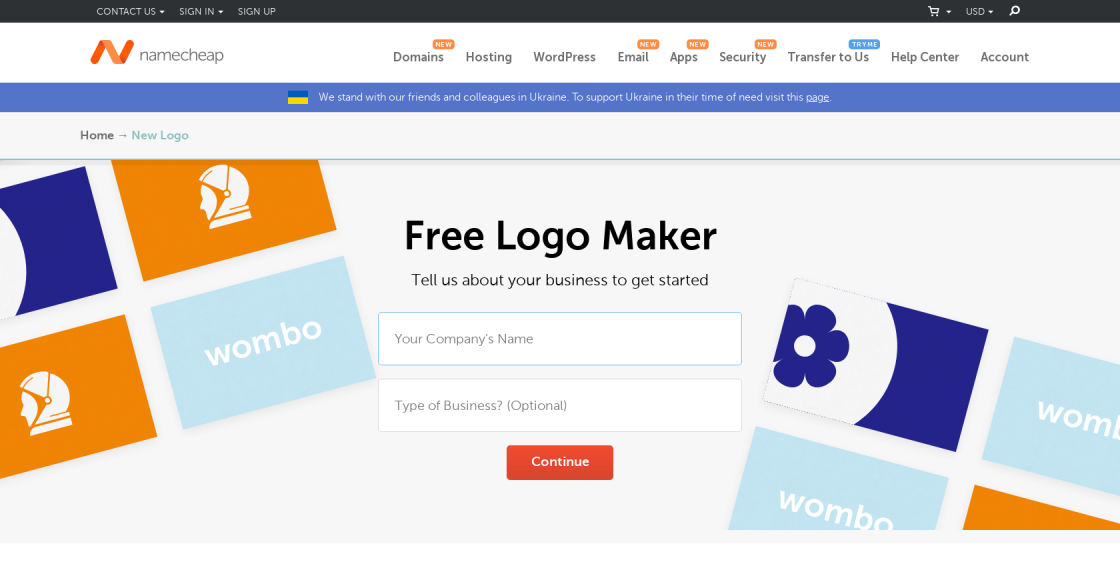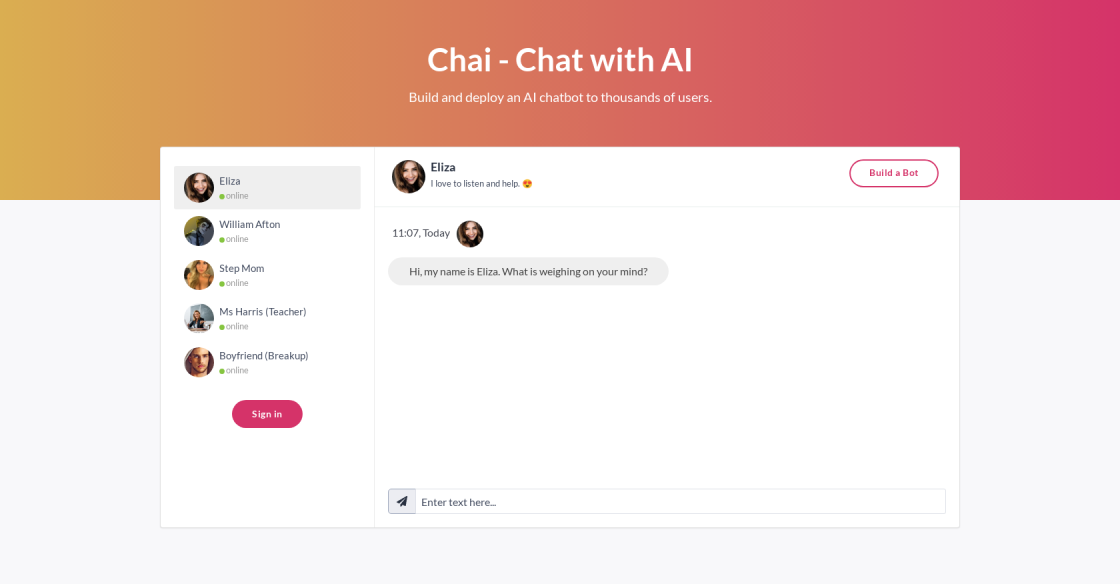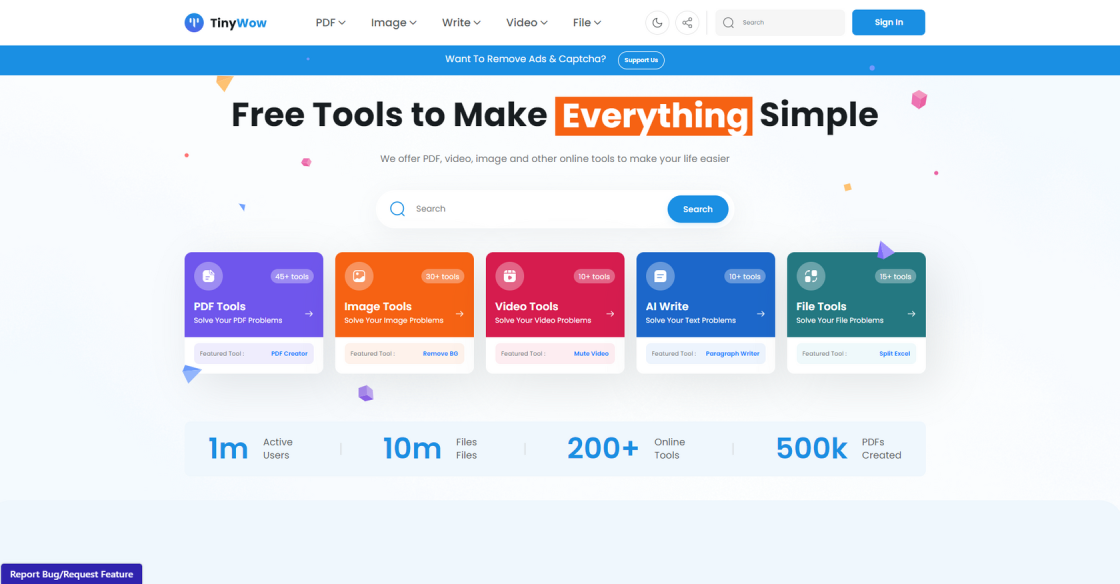

The end-to-end solution for games to incorporate web3 infra in minutes. Zero blockchain complexity for developers. Great UX for players. Tools include: unity & unreal SDKs, backend APIs, a no-code dashboard, white-label marketplace, lootboxes, rentals & more
Rerun is an SDK for logging computer vision and robotics data paired with a visualizer for exploring that data over time. It lets you debug and understand the internal state and data of your systems with minimal code. It’s built from the ground up in Rust to run fast everywhere.
Brydge is an IoT SDK that connects offline devices to mobile apps using BLE, creating a secure connection and preventing data loss.
Twilix is a sophisticated artificial intelligence company that provides developers with the tools to seamlessly integrate AI into their products. With its user-friendly APIs and all-in-one solution, Twilix simplifies the addition of vectors, metadata, LLMs, and other advanced AI features to software applications. By leveraging Twilix's technology, developers can enhance their products with powerful data-driven insights and predictive capabilities, opening up new possibilities for innovation and growth. With its cutting-edge technology and commitment to excellence, Twilix is rapidly becoming a go-to solution for organizations looking to leverage the power of AI in their software products.
Merge Blueprint is a breakthrough AI-powered tool designed to streamline API integration development. By assessing an application programming interface's (API) structure, it translates these structures into consistent data schemas used in Unified APIs. With Merge Blueprint, anyone can contribute to Merge's Unified APIs, thereby accelerating the speed of integration development. This innovative solution is poised to transform the way developers approach API integration, making it easier and more efficient for all involved.
Amazon API Gateway is a powerful tool offered by Amazon Web Services (AWS) that enables developers to create, deploy, and manage APIs at any scale. This cloud-based service provides a fully managed platform for building APIs, which can be seamlessly integrated with other AWS services such as Lambda, DynamoDB, and S3. With its robust features such as traffic management, security, monitoring, and analytics, Amazon API Gateway is an ideal solution for businesses of all sizes looking to build and manage APIs easily and efficiently.

Remove.bg
Remove Background from Image for Free – remove.bg

GPT-3 Paper
Language Models for AI Research

Namecheap Logo Maker
AI Powered Logo Creation

Socratic By Google
Get unstuck. Learn better. | Socratic

VidIQ
Boost Your Views And Subscribers On YouTube - vidIQ

Chai
AI Writing Assistant

TinyWow
Free AI Writing, PDF, Image, and other Online Tools - TinyWow

Venngage
Valentine’s Day Card Maker
Microsoft Azure Functions is a serverless compute service from Microsoft designed to simplify the process of running code on-demand. This innovative platform enables users to execute code without having to explicitly provision or manage infrastructure, making it a popular choice for developers and businesses alike. With Azure Functions, users can run code in response to a variety of triggers, such as HTTP requests, messages from a queue, or changes to data in a database. This flexibility makes it ideal for building applications that require dynamic scaling, real-time processing, and event-driven architecture. Additionally, Azure Functions supports a wide range of programming languages, including C#, Java, Python, and JavaScript, allowing developers to work with their language of choice. Whether you're building a web application, a mobile app, or a backend system, Microsoft Azure Functions provides the scalability, performance, and agility needed to meet your business needs.
Microsoft Azure Functions is a serverless compute service that allows you to run code on-demand without the need for explicit infrastructure provisioning or management.
Serverless computing is a cloud computing model that enables developers to write and run applications without having to manage the underlying infrastructure.
Some benefits of using Microsoft Azure Functions include cost savings, faster time-to-market, and increased scalability.
Microsoft Azure Functions supports a variety of programming languages, including C#, Java, JavaScript, Python, and TypeScript.
With Microsoft Azure Functions, you can build a wide range of applications, including web applications, IoT applications, and event-driven applications.
Microsoft Azure Functions automatically scales your application based on demand, allowing you to handle large volumes of traffic without any manual intervention.
Yes, you can integrate Microsoft Azure Functions with other Azure services such as Azure Event Grid, Azure Cosmos DB, and Azure Blob Storage.
Yes, Microsoft Azure Functions provides detailed monitoring and logging capabilities that allow you to monitor the performance of your application.
Microsoft Azure Functions offers a pay-per-use pricing model, which means you only pay for the resources you consume.
Yes, Microsoft Azure Functions provides a high level of security through features such as role-based access control, network security groups, and encryption-at-rest.
| Competitor | Description | Key Features |
|---|---|---|
| AWS Lambda | Serverless compute service from Amazon that lets you run code without provisioning or managing servers | Automatic scaling, flexible deployment, supports multiple languages |
| Google Cloud Functions | Serverless compute service from Google that runs code without the need for servers | Easy integration with other Google Cloud services, supports multiple languages, automatic scaling |
| IBM Cloud Functions | Serverless compute service from IBM that lets you run code in response to events and automatically scales resources | Supports multiple languages, integrated with IBM Cloud services, flexible deployment options |
| Alibaba Function Compute | Serverless compute service from Alibaba Cloud that allows you to run code without managing servers | Multiple language support, easy integration with Alibaba Cloud services, pay-as-you-go pricing model |
| Oracle Functions | Serverless compute service from Oracle that allows you to run code without managing infrastructure | Supports multiple languages, easy integration with Oracle Cloud services, flexible deployment options |
Microsoft Azure Functions is a powerful serverless compute service that allows you to run your code on-demand without the need to manage or provision infrastructure. This service provides a scalable and cost-effective solution for businesses looking to deploy their applications in the cloud.
Here are some key things you should know about Microsoft Azure Functions:
1. Serverless computing: Azure Functions is a serverless computing service, meaning that it allows you to focus on your application's logic without worrying about managing the underlying infrastructure. It automatically scales your application up or down based on demand, making it an ideal solution for businesses with unpredictable workloads.
2. Pay-as-you-go pricing: With Azure Functions, you only pay for the resources you consume. This means you can scale up or down as needed without worrying about upfront costs or long-term commitments. This makes it an affordable option for businesses of all sizes.
3. Easy integration: Azure Functions integrates seamlessly with other Azure services, such as Azure Blob Storage and Azure Event Grid. This allows you to build robust applications that can respond to events in real-time.
4. Multiple programming languages: Azure Functions supports multiple programming languages, including C#, JavaScript, Python, and Java. This means developers can use the language they're most comfortable with, making it easy to get started with Azure Functions.
5. Rich development tools: Microsoft provides a rich set of development tools for Azure Functions, including Visual Studio and Visual Studio Code. These tools make it easy to develop, debug, and deploy your code.
6. Versatile use cases: Azure Functions can be used for a wide range of use cases, from building serverless APIs to processing data streams. It can also be used to build event-driven architectures, where functions are triggered by events in the system.
In summary, Microsoft Azure Functions is a powerful and versatile serverless compute service that provides a scalable and cost-effective solution for businesses looking to deploy their applications in the cloud. With its easy integration, multiple programming languages, and rich development tools, Azure Functions is an ideal choice for businesses of all sizes.
TOP